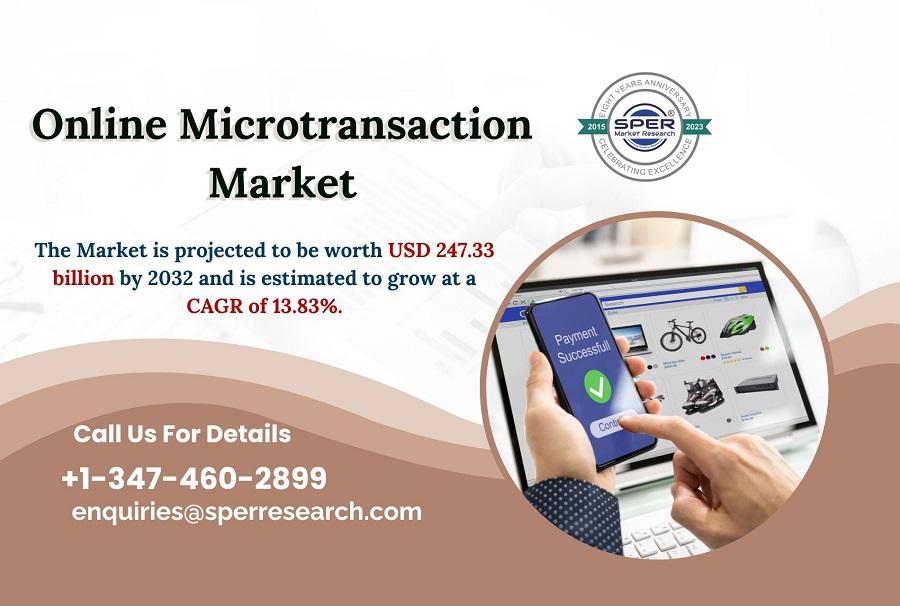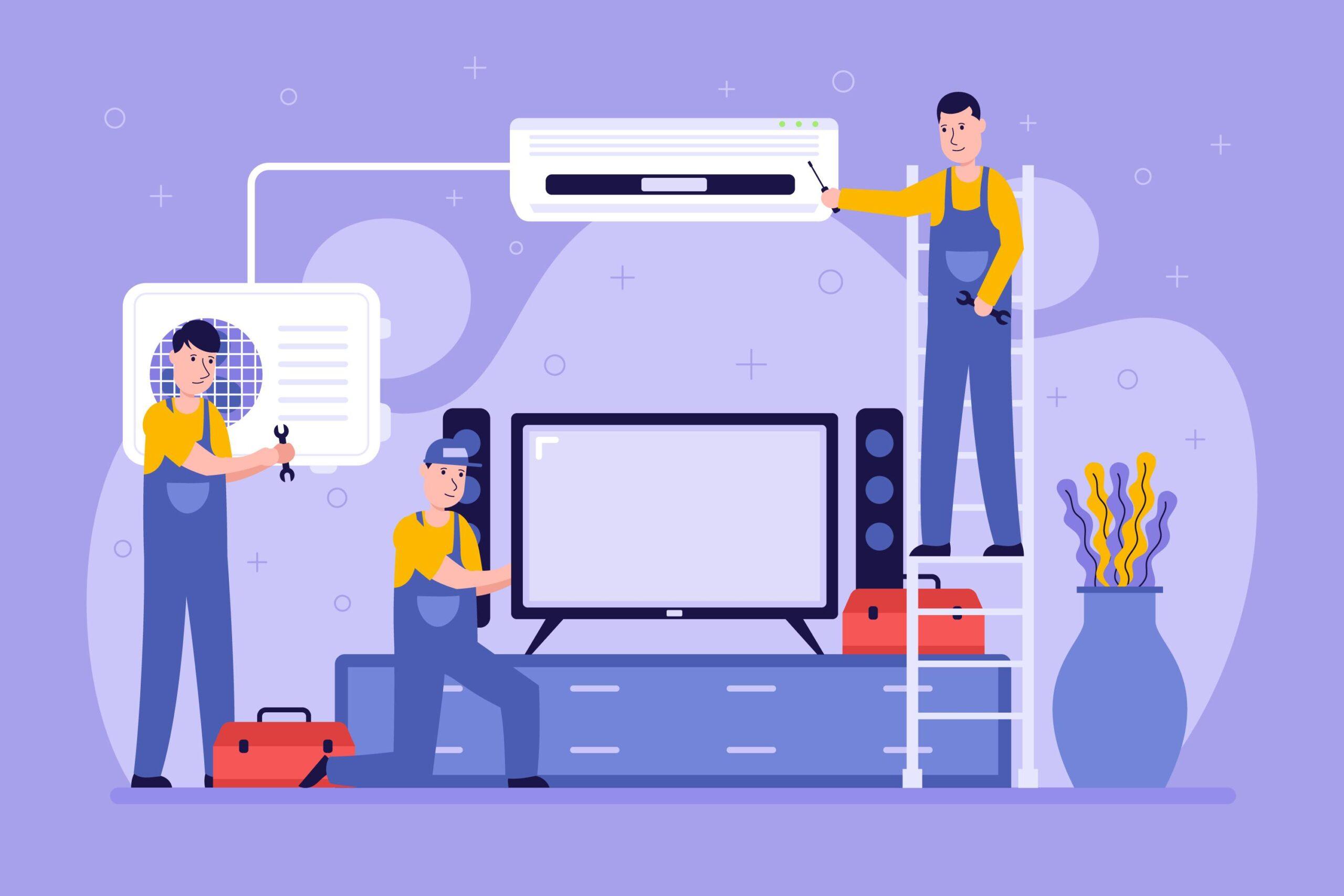A Content Management System (CMS) is a necessity for your website. It is exactly what it sounds like a system that manages the content on your website. However, it is not just limited to that, it is also an important aspect that can help you manage your whole website. Through CMS, you can write and edit content on your website without any knowledge of technicalities.
Content Management Systems make it easier for individuals to upload content on their websites. More than 73 million websites employ a content management system. It is an absolute necessity to run your website without hurdles. Even though WordPress is the leasing CMS, it does not necessarily have to be the perfect choice for you. To choose a content management system that fits all your purposes, you need to consider a few points. We have explained these points along with what a CMS platform means in the post below.
What is a CMS Platform?
A Content Management System (CMS) refers to an application that is used to manage the content published on the internet. It is a system where users can create, edit, and publish content. It provides users with all the tools required for online web publishing.
A content management system is divided into parts known as CMA and CDA.
-
CMA stands for Content Management Application which is the front-end process. It is used to add and manage content on the website.
-
CDA is the Content Delivery Application. It takes care of the back-end processes wherein it takes content from CMA and stores it in proper formats so visitors can view it.
Difference Between Traditional CMS and Headless CMS
Based on how you want to manage your content, there are two types of CMS you can choose from. The first type is a traditional CMS which provides users with back-end and front-end access. You can create content using templates and publish them on your website. It only works on your website and might not support any other channels. However, it is a great beginner-friendly option.
The other type is known as a Headless CMS. This type of CMS provides users with a back-end system that is capable of storing content. It can provide users with various capabilities and functionalities. One can access content through APIs and post it on all channels of your choice from websites to mobile apps. It requires one to design the front-end system and users don’t always get what they see.
Steps to Choose the Right CMS
Now that you are familiar with what are content management systems and their different types, it is time to learn how to choose one from the wide variety present in the market. Below, we have provided some aspects based on which you can choose the right CMS for your website.
-
Core Functionality – The most important aspect to check when choosing a CMS is to check what are its core functionalities. Writing, editing, organizing pages, and deleting pages are common features but not all CMS will offer that, at least intuitively. Some will not allow you to organize pages in the way you want or will not allow you to create content in the way you want. So, choose a CMS that gives you all the features you want.
-
Editing Features – When you are posting on a website, you need an editor. While this feature is on all CMS, it is not always presented perfectly and can be a pain to work with. Always ensure that the interface of the editor is designed properly so your work does not suffer.
-
Customization – You should have a say in how you want to present your content to the audience. Check for customization tools and how far they work. Choose a CMS that allows flexibility and does not bind you with its code.
-
Versions – It is important to ensure that your CMS allows you to restore the previous version of a page. This is necessary to recover old content in case something new is posted by accident. While this may seem like a mundane thing it is an important feature that can come in handy a lot more than one would anticipate.
-
User Interface – You should check out whether your CMS provides you with features that allow communication with those coming to your website. Whether it is to get feedback or communicate via emails, etc. Check this feature as well before deciding what CMS to use.
-
Support – Can your CMS handle multiple websites? This is an important criterion that all users should consider before finalizing a CMS. While you may not have multiple websites right now, you may want to create some later on in case you want to cater to a certain niche. In such a case having a CMS that supports multiple websites is a must.
To Sum Up
When choosing a CMS, you should consider many factors and decide strategically. Based on what you need and how you work, you should consider a CMS that can fulfill your requirements. It is the base on which the content of your website will depend so, ensure you are doing your research when selecting one.
For more such content, follow How to Make a Magazine & News On-Demand App




